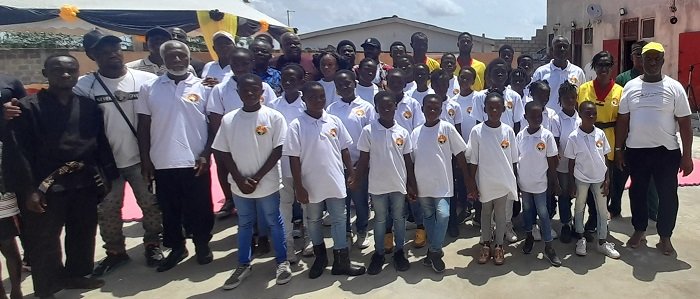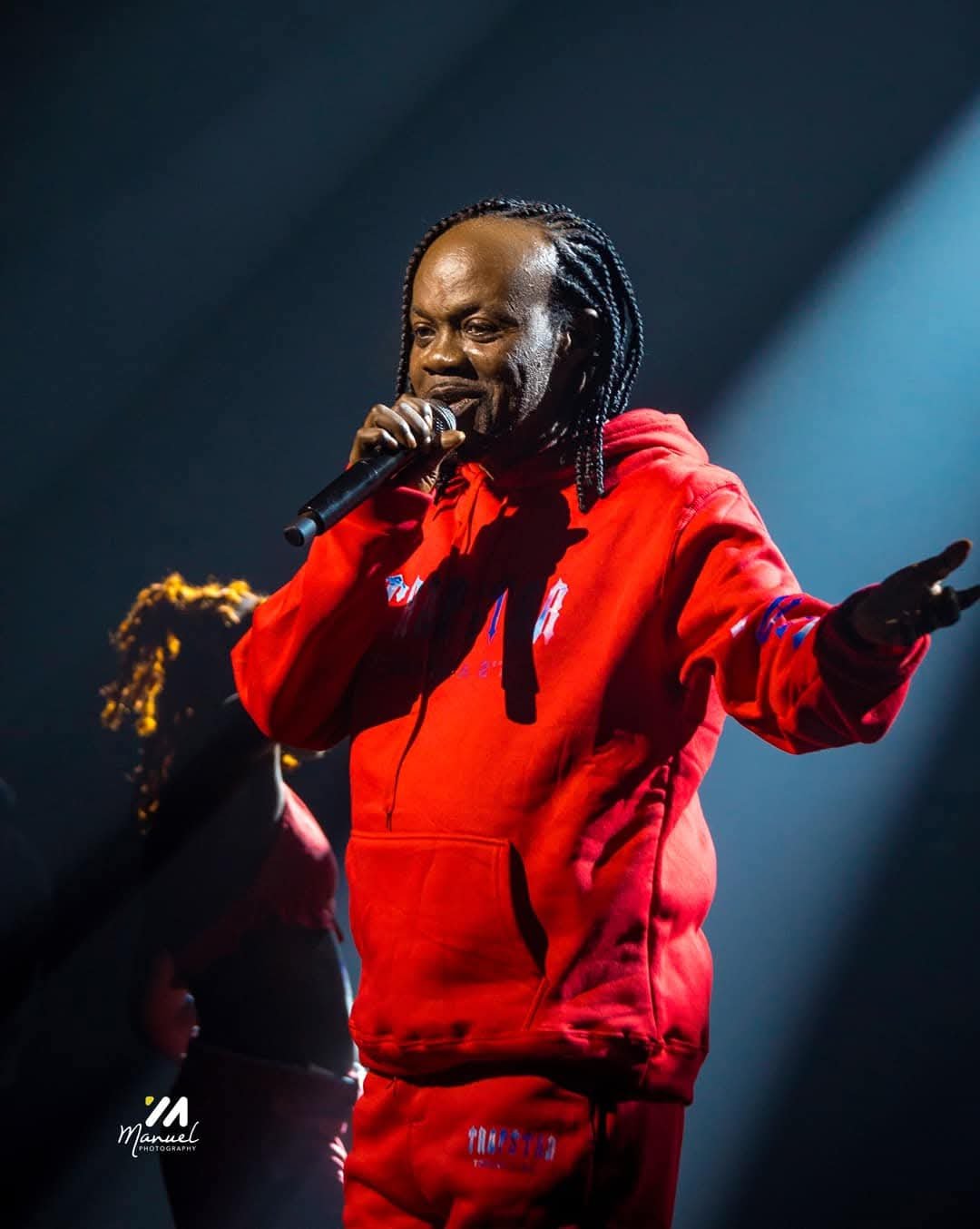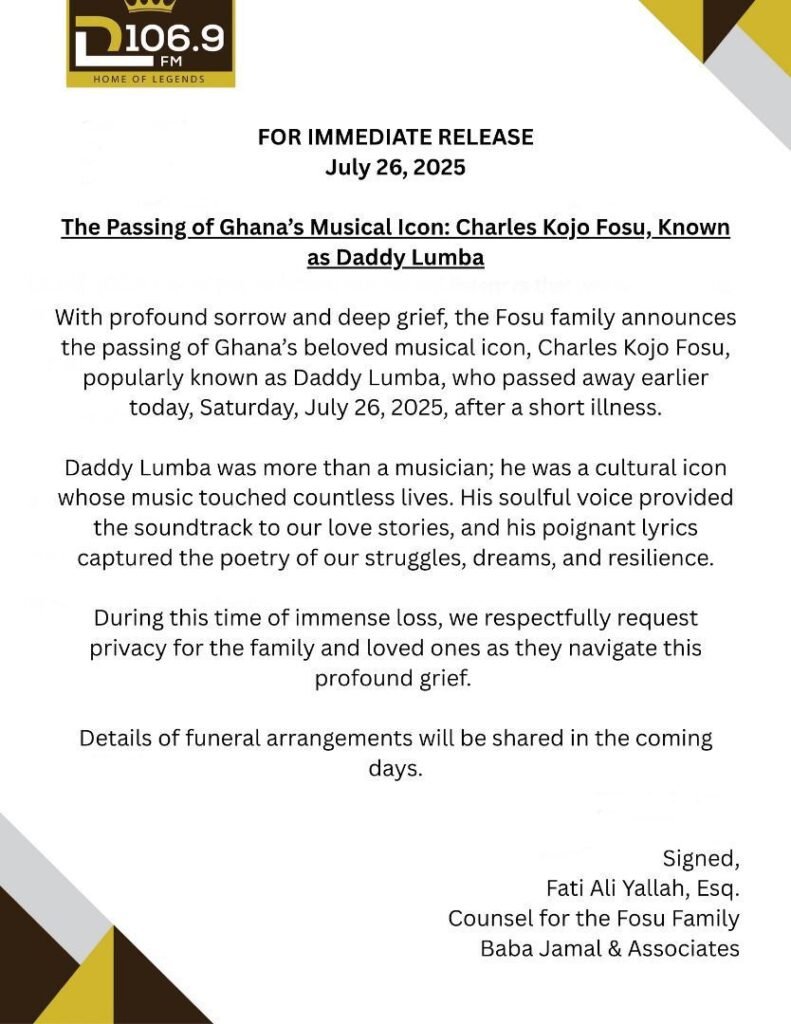Hot!
Don’t attack personnel in uniform – Donald Gwira warns martial artists

Members of African Goju and the young trainess after the session
Practitioners of African Goju, an indigenous sports and system of self-defence, have been cautioned not to use their skill to attack security personnel in uniform.

This distinct form of martial arts, according to the Chief Instructor of African Goju, Mr. Donald Gwira, was to protect oneself, family and property other than causing fights or being on the offensive.
He said attacking personnel in uniform was a breach of the tenets and philosophy of the sports which could attract dire consequences for the offender when found culpable.


“If anyone in uniform accosts you, take the ones’s name and service number and report the person. The problem with attacking anybody in uniform is that, if you touch them, you are fighting the institution and not the individual. The whole institution would come after you and there is nothing going to save you in that regard.
“We have had instances where these have happened and we know what the consequences have been,” he said.
Mr. Gwira gave the warning at a Martial Arts Seminar and Exhibition on African Goju, held last Saturday in Accra as part of efforts to groom the next generation of practitioners.
The Seventh Degree Black Belt with over 40-years of experience who taught some basic self-defence techniques at the event, said the goal was to make African Goju the sole form of martial arts in Africa.
He said self-defence was crucial in all aspects of life and that children were the future of the sport, hence the need to provide the needed assistance to enable them to discover their full potentials.
About 50 children between ages five and 10 put a display on various aspects of self-defence, while the senior practitioners including “Great Warrior”, Patrick Mintah, exhibited other advanced styles and tactics by breaking a beer bottle with his head as part of his presentation.
Prof. Danny Gwira, the Founder of African Goju, emphasised the need to practice, promote and sustain the unique form of martial arts in Ghana instead of looking up to the Chinese and Koreans who were considered the masters of the art.
He said it was important to imbue the art of self-defence in children at a tender age and encourage them to do things by themselves, hence the plan to organise regular training sessions and seminars in future.
“The event marked 38 years of African Goju which was not only about building physical strength but also the holistic development of an individual,” he stated.
Prof. Gwira was confident other stakeholders would support the initiative to help train and produce great practitioners in Ghana.
The event saw Mr. Joshua Brown inducted into the Ken Gwira Hall of Fame after years of dedicated service and practice.
African Goju was formed in Ghana in 1985 by Danny Gwira, a student of Professor Ron Van Clief the Founder of Chinese Goju. It is practiced in over 34 countries as there are increased efforts to promote the sport in Africa.
BY ERNEST NUTSUGAH
Entertainment
Breaking News: Daddy Lumba is dead – Family announces

Ghanaian music legend Charles Kojo Fosu, popularly known as Daddy Lumba, has died.
His family confirmed the sad news in a press release issued on Saturday, saying the 60-year-old passed away earlier in the day after a short illness.
“It is with profound sorrow and deep grief that the Fosu family announces the passing of Ghana’s beloved musical icon,” the statement read.
Daddy Lumba was one of Ghana’s most celebrated highlife musicians. With a career spanning more than three decades, his songs touched millions, telling stories of love, pain, joy, and hope.
He was known for his powerful voice, emotional lyrics, and unique style that made him a household name across the country and beyond.
“His soulful voice provided the soundtrack to our love stories, and his poignant lyrics captured the poetry of our struggles, dreams, and resilience,” the family said.
The family has asked for privacy as they mourn their loss and promised to announce funeral arrangements in the coming days.
The statement was signed by Fati Ali Yallah, a lawyer from Baba Jamal & Associates, on behalf of the Fosu family.
Fans, fellow musicians, and Ghanaians across the country have started pouring out tributes on social media, remembering Daddy Lumba’s unmatched contribution to Ghanaian music.
Entertainment
Edem’s debut album gets praise from Sarkodie

Ghanaian rap star Sarkodie has celebrated fellow artiste Edem for his groundbreaking debut album “The Volta Regime”, calling it one of the greatest albums in Ghana’s music history.
In a heartfelt social media post, Sarkodie, whose real name is Michael Owusu Addo, reflected on the first time he heard Edem rap.
He said he was instantly impressed and knew Edem would have a serious impact on the music scene.
“I remember when I first encountered my brother Edem, I came back home to tell one of my hommies that this guy will have a serious impact on the music scene,”
“He was like naa because of the language barrier. I said I don’t hear language, I hear greatness. Big up my brother, you are still on my favourite emcee list.” Sarkodie wrote.
Edem, born Denning Edem Hotor, released The Volta Regime in 2009. The album boldly embraced the Ewe language and featured collaborations with top Ghanaian artists including Tinny, Kwabena Kwabena, and Jeremie Van-Garshong.
Despite initial doubts about how well Ewe rap would perform commercially, the album proved to be a major success and introduced a new wave of local-language hip-hop.
Songs like Bra Fre Me, Nyorvuviade, and the powerful Intro helped establish Edem’s lyrical prowess and cemented his place as a unique voice in the Ghanaian music industry.
At a time when the local scene was dominated by Twi and Ga-speaking rappers, Edem’s success broke barriers and made it clear that talent speaks louder than language.
His impact opened doors for more linguistic diversity in hiplife and hip-hop music across the country.
Sarkodie’s tribute is especially meaningful because both artists emerged around the same period. Sarkodie’s own debut album Makye also dropped in 2009, and the two have long shown mutual respect for each other’s craft.
Today, over 15 years after its release, The Volta Regime continues to inspire fans and artists alike. It remains a symbol of bold originality and cultural pride.
Edem has since released several projects and remains an active voice in Ghanaian music and youth advocacy. His legacy is a reminder that true greatness is not limited by language.






